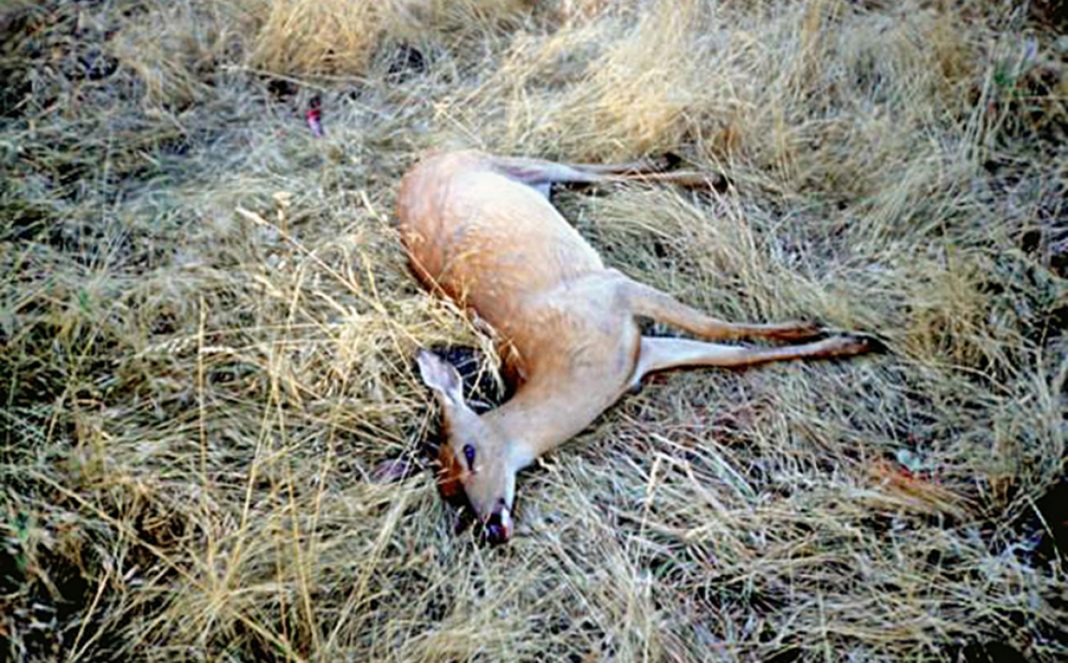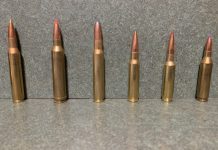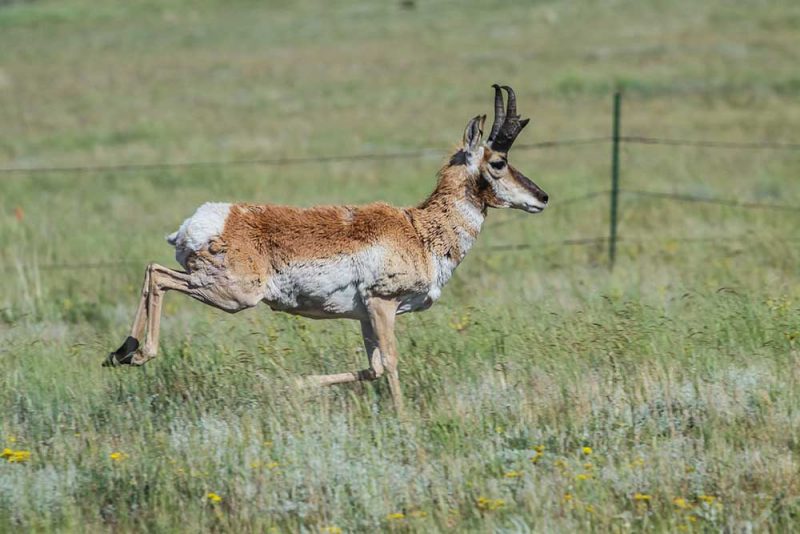A dead mule deer from southwest Idaho recently tested positive for EHD. What is EHD? EHD stands for epizootic hemorrhagic disease. Still don’t know what that means?
The Idaho Fish and Game took the time to answer this for you.
FAQs From IF & G:
Q: What are the clinical signs of EHD in deer?
A: Clinical signs include sluggishness, difficulty breathing, and swelling of the head, neck, and tongue. Ulcers or erosions of the tongue or gums may be present. Internal lesions include swelling and fluid accumulation in the lungs, ulcers in the abdomen, and hemorrhages on the heart and intestines. Animals with chronic EHD can have abnormal hoof growth, hoof sloughing, and sometimes are emaciated. Infected deer can also lose their appetite, become weak, can have bloody diarrhea, and show excessive salivation. They develop a rapid pulse and respiration rate along with fever, which is why they are frequently found lying in bodies of water to reduce their body temperature.
Q: Can EHD be spread to humans or pets?
A: Humans and domestic pets such as dogs and cats cannot be infected with EHD disease. White-tailed deer are particularly susceptible but it can affect mule deer. Cattle and sheep can be exposed to the virus, but they rarely exhibit clinical signs to the varieties of EHD that typically affect wildlife.
Q: Is the meat of an EHD infected deer safe to eat?
A: Our veterinary staff recommends never eating an animal with a fever and a widespread systemic infection. Deer that survive an EHD infection are safe to eat. These animals may exhibit a dark, gritty liver. Our veterinary staff always recommends thoroughly cooking all game meat.
To Sum Up
In the same vein, the Clearwater Region also has some cases. The difference in these cases is that it affected a number of whitetail deer instead of mule deer. EhuntR previously wrote about this incident. In other words, the disease primarily affects whitetails but can also be found in pronghorn, mule deer, and bighorn sheep.
In conclusion, the IF & G asks anyone who sees a sick or dead deer to contact anyone who sees a sick or dead deer to contact the Southwest Regional office at 208-465-8465.
You can read more about EHD by clicking here. Likewise, you can read about more Idaho hunting news by clicking here.















